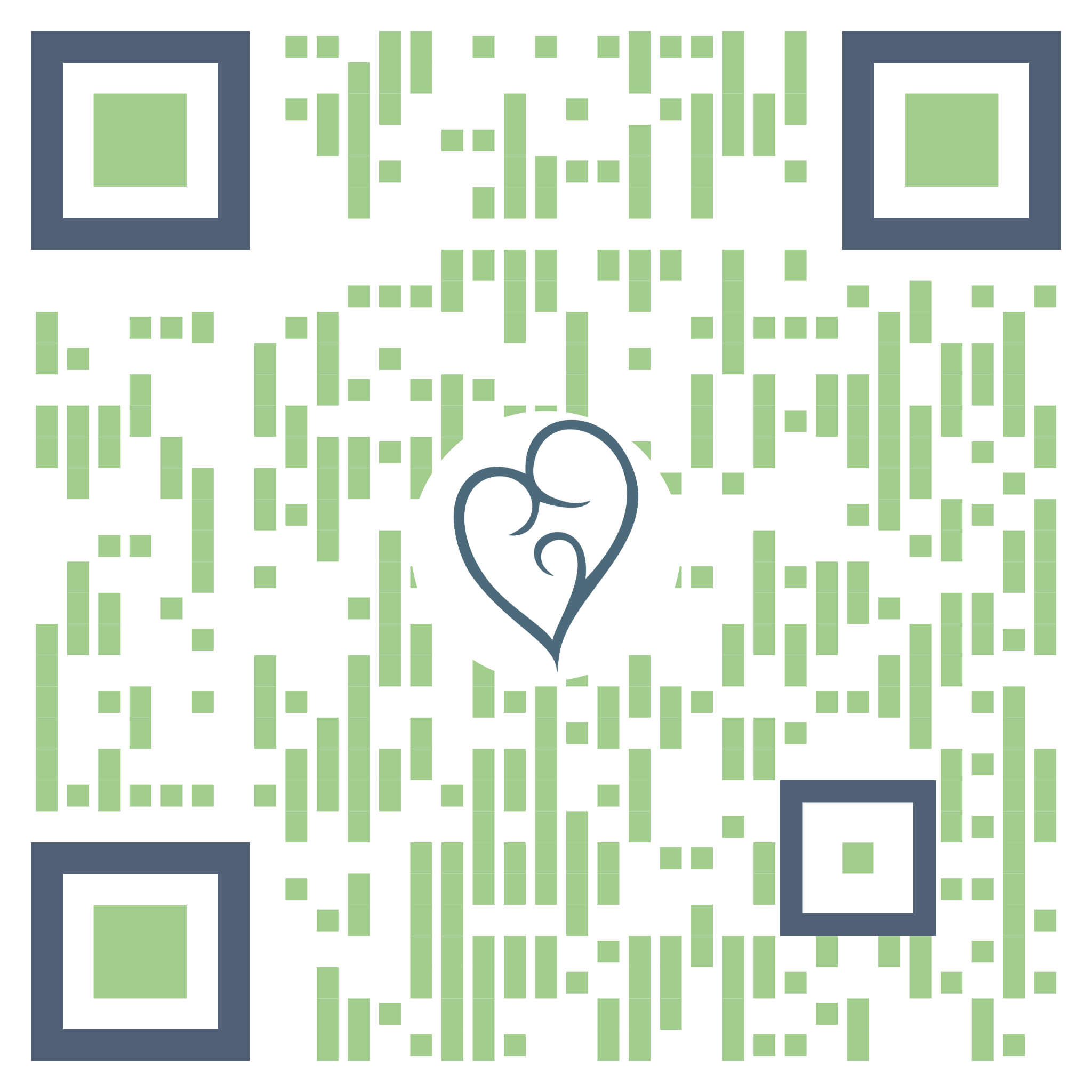Egg donor screening is performed on all women that are interested in becoming donors
Ideally, egg donors should be between the ages of 21-29 years; utilizing a donor who is less than 35 years old maximizes pregnancy rates and may help make preimplementation genetic testing less important. An older donor, however, is acceptable, provided the recipient couple is counseled appropriately regarding the cytogenetic risks and the effect of donor age on pregnancy rates.
Screenings before egg donation
Screening involves three major areas of testing: medical, genetic, and psychological. Centers that provide egg donation services generally screen donors in accordance with the guidelines set forth by the American Society for Reproductive Medicine (ASRM). First and foremost, a comprehensive history and physical and pelvic examination are necessary to identify factors that might make a donor unsuitable for donation; contraindications to egg donation are most often discerned from both personal and family histories.
Medical screening
Medical screening of the donor typically involves the following testing: a complete blood count, blood type and screen to assure Rh compatibility, infectious disease testing for human immunodeficiency virus (HIV), hepatitis B and C, syphilis (RPR), and cytomegalovirus (CMV) antibodies, as well as cervical cultures for Neisseria gonorrhoeae and Chlamydia trachomatis.
Genetic screening
Genetic screening is also performed on all egg donors. Groups at higher risk for being a carrier of a genetic disease include Ashkenazi Jews, Americans of African descent, Mediterranean people, and Southeast Asians and Chinese people. Testing may include a genetic karyotype as well as screening for more common diseases, including Tay-Sachs disease, Canavan disease, sickle cell anemia, α-Thalassemia, β-Thalassemia, and cystic fibrosis. More intensive genetic screening of the donor may be warranted based on the donor’s ethnic background and family history. Genetic screening of relatives is advised if there is a family of any heritable diseases or any major congenital malformations.
Psychological screening
Psychological screening of egg donors is an extremely important part of the screening process. Appropriate psychological evaluation is necessary for three major reasons:
- to be certain that egg donation is a suitable elective process for the potential egg donor.
- to ascertain that the donor has no psychological contraindications for egg donation.
- that once started, the potential egg donor will fulfill her responsibilities for the cycle.
As per ASRM guidelines, psychological assessment (performed by a qualified mental health professional) should include a psychosocial history focusing on the potential donor’s family history, educational background, assessment of stability, motivation to donate, current life stressors and coping skills, difficult or traumatic reproductive history, interpersonal relationships, sexual history, history of major psychiatric and personality disorders, substance abuse in donor or first-degree relatives, legal history, and history of abuse or neglect.
Potential egg donors may be excluded from donating when there is a history of any of the following: heritable psychiatric disorders, substance abuse, two or more first-degree relatives with substance abuse, current use of psychoactive medications, sexual or physical abuse with no professional treatment, excessive stress, marital instability, impaired cognitive functioning, mental incompetence, or high-risk sexual practices.
Perhaps most importantly, psychological evaluation for the potential egg donor affords the potential egg donor the opportunity to better consider the possible short- and long-term impacts of egg donation, which may, in turn, have potential subsequent physical, mental, and ethical ramifications.


